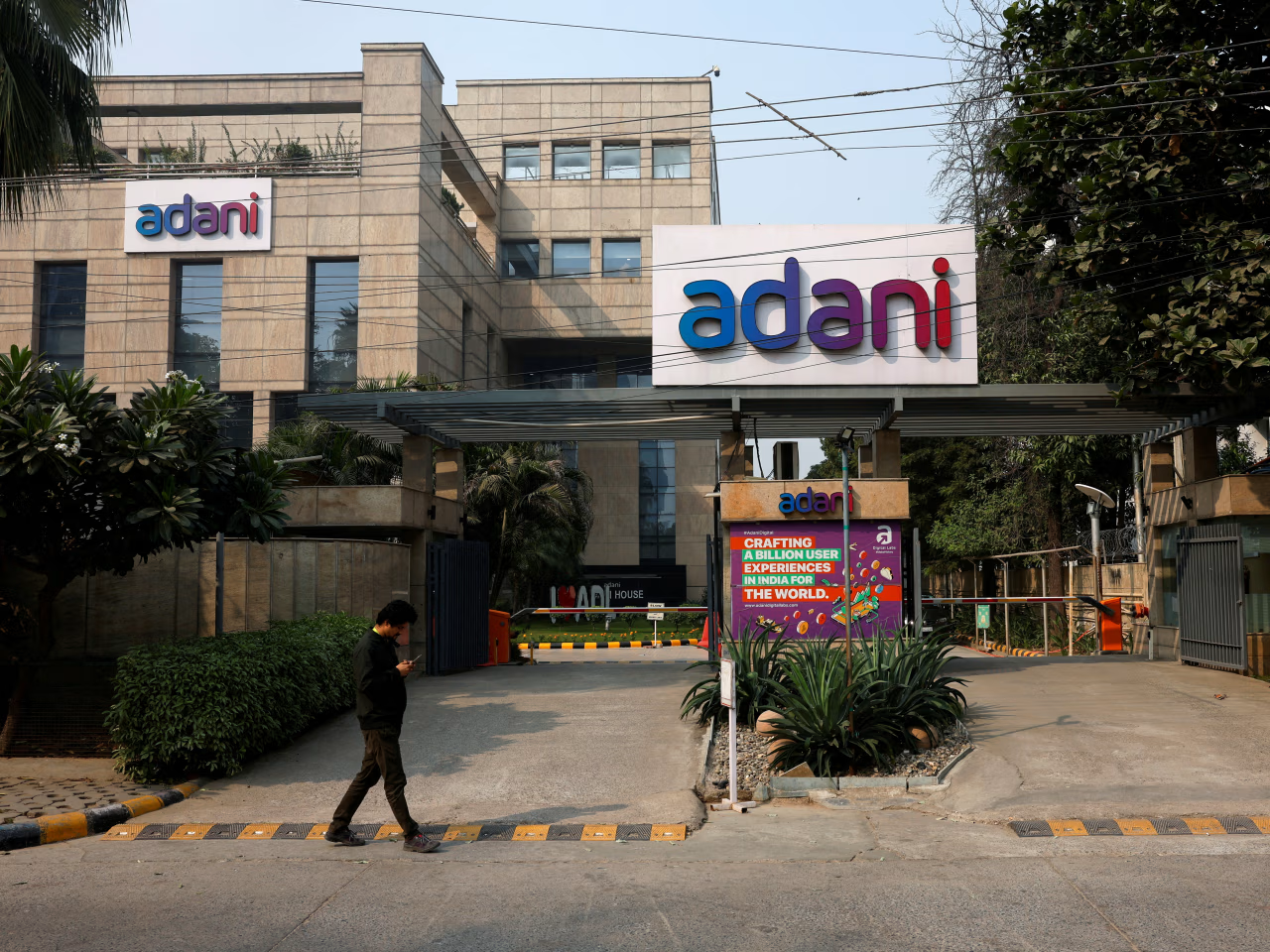Key Impact Points:
- AI accelerates cost-saving efforts: 49% of surveyed leaders expect AI to significantly impact cost optimisation within 18 months.
- Long-term AI benefits: 70% of top-performing organisations see AI as integral to cost efficiency over the next 3–5 years.
- Proactive strategies yield results: Successful organisations invest early, integrate AI across operations, and align AI initiatives with strategic goals.
AI as a Cost-Saving Imperative
Organisations are rapidly adopting AI, aiming to enhance productivity and gain a competitive edge. With global digital transformation spending projected at $235 billion this year, leaders face mounting pressure to demonstrate rapid returns on AI investments.
Boston Consulting Group’s (BCG) research highlights that over half of C-suite leaders prioritise cost savings as a key measure of AI’s impact within its first 18 months of implementation.
A survey of 770 CEOs, CFOs, and COOs revealed that organisations with effective cost optimisation programs consistently integrate AI. When deployed strategically, AI becomes critical in achieving sustainable cost benefits.
Leveraging AI for Strategic Cost Efficiency
AI transforms cost optimisation through:
- Rapid data analysis: AI identifies cost-saving opportunities by processing large spending datasets. Unlike human teams, AI accelerates this process, blending AI-driven levers with traditional cost-saving methods. “Companies seeing the most success in cost excellence are those that are able to seamlessly combine AI-based levers with traditional cost levers into their transformation programmes,” BCG reports.
- Process improvement: AI enhances productivity and streamlines procurement decisions, fostering sustained growth and competitiveness.
For example, AI can identify opportunities to negotiate better deals with suppliers by recommending competitive strategies. Additionally, automating tasks like generating product descriptions reduces outsourcing costs while improving customer engagement.
Real-time AI insights empower leaders to monitor spending and adapt quickly to demand spikes, enabling continuous cost improvements with lasting impact.
AI as a Catalyst for Long-Term Efficiency
BCG emphasizes that AI’s power compounds over time. As AI processes more data, its recommendations improve, driving repeated waves of productivity and cost savings.
Seventy percent of top-performing organisations expect AI to be integral to achieving cost efficiency in the next three to five years, compared to only 27% of lower-performing organisations.
While short-term results are achievable—49% of leaders foresee AI delivering significant cost benefits within 18 months—strategic adoption is crucial.
Adaptation and Reinvestment: Keys to Success
Not every AI initiative succeeds. BCG advises leaders to act swiftly when projects underperform, reinvesting in higher-impact opportunities.
“Leaders must take decisive action now to embed AI at the core of their strategies, or risk falling behind.”
BCG concludes that organisations leveraging early cost savings to finance broader AI integration will secure both immediate and long-term advantages. Those taking a proactive, strategic approach are better positioned to navigate a competitive and rapidly evolving landscape.
Related Article: Unlocking Capital for Climate and Development: Global Cooperation is Key, Says BCG

 Follow SDG News on LinkedIn
Follow SDG News on LinkedIn











